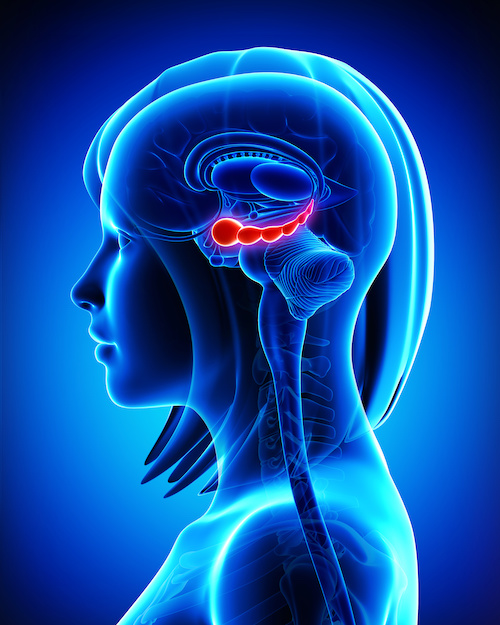Cognitive Health
Vitamin D’s Affect on Memory, Learning and Hippocampal Volume
We have long known the connection between vitamin D and mental health, however, new research may have found that the reason for vitamin D deficiency’s effect on learning and memory may be due to its effect on Perineuronal nets (PNNs) and hippocampal volume. Perineuronal nets, specialized extracellular matrix structures inRead
Pine Bark Extract Improves Mild Cognitive Impairment
The benefits of pine bark extract continue to evolve with emerging science. This most recent study examined the benefits of Pycnogenol® (Horphag) supplementation over a two-month-period in otherwise healthy individuals with minimal cognitive impairment and initial cognitive dysfunction selected on the basis of their Mini-Mental State Examination (MMSE) score. ImpairmentsRead
A Study Review: What Every Clinician Needs to Know About Brain Health and Omega-3s
By Sally Lynch, from Biotics Research / Not long ago, we seemed to accept the notion that humans only use 10% of their brains, as if the other 90% would remain a mystery forever. Today, not only has that myth been debunked, research on the brain is exploding and givingRead
Potential Inhibition of Cognitive Decline with B Vitamins & Omega-3s
This article, provided by our content partner Global Organization for EPA and DHA (GOED), discusses a previously unknown association related to the possible inhibition of progressive brain atrophy in mildly impaired elderly people with higher omega-3 long chain polyunsaturated fatty acid intake and B-vitamins. Previously published in Fats of Life,Read
Newly Found Lymphatic System Connects Brain & Immunity
You can forget everything you learned in medical school about the lymphatic system (well, not everything). But researchers at the University of Virginia found undiscovered vessels that directly connect the brain and lymphatic system, as published in Nature. Despite decades of contrary opinions they did not exist, this changes everythingRead
Re-emerging Virus Enterovirus D68 (EV-D68) Linked to Paralysis of Children
A cluster of children from Colorado in the USA have been treated for muscle weakness or paralysis that may be connected to a nationwide outbreak of a usually rare respiratory virus called enterovirus D68 (EV-D68), one of more than 100 non-polio enteroviruses. The study, published in The Lancet, highlights theRead
Citicoline Improves Teen/Adult Attention in Two Trials
In an age where attention spans are short and activity levels are low for teen boys, a new study shows citicoline may improve concentration and motor speed. The randomized, double-blinded, placebo-controlled human clinical trial conducted by The Brain Institute, at the University of Utah, was presented at the annual AmericanRead
Mercury in Fish Negatively Outweighs Positive Impact of Omega-3s
Little agreement exists as to whether low-level mercury (Hg) exposure causes damage to the central nervous system in adults. Although eating fish is associated with intake of methylmercury, researchers in this field have generally thought that the beneficial effects of a diet rich in long-chain, n-3 fatty acids (N3FA) can outweigh the cognitive neurotoxicity of mercury. This study clarifies the impact of Hg and intake of seafood on cognition. By Steven C. Masley, MD, FAAFP, CNS, FACN; Lucas V. Masley; C. Thomas Gualtieri, MD, published in Integrative Medicine a Clinicians Journal










